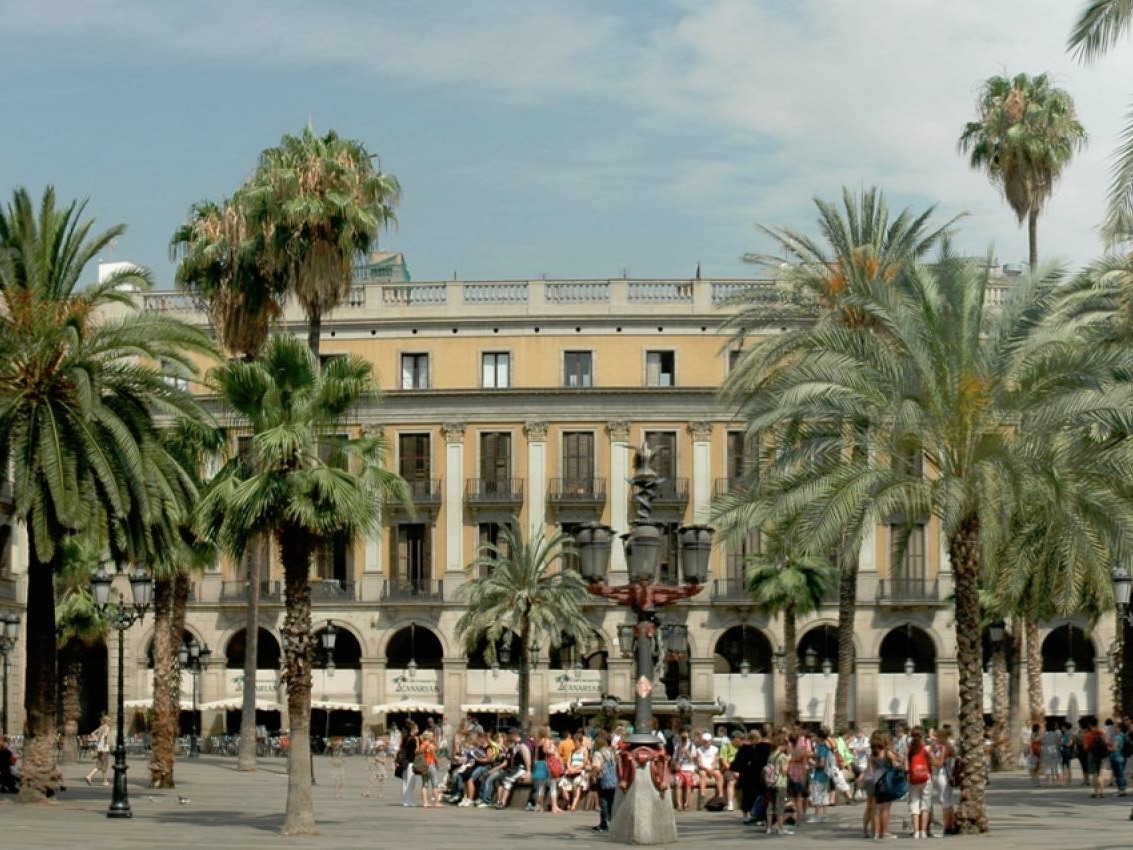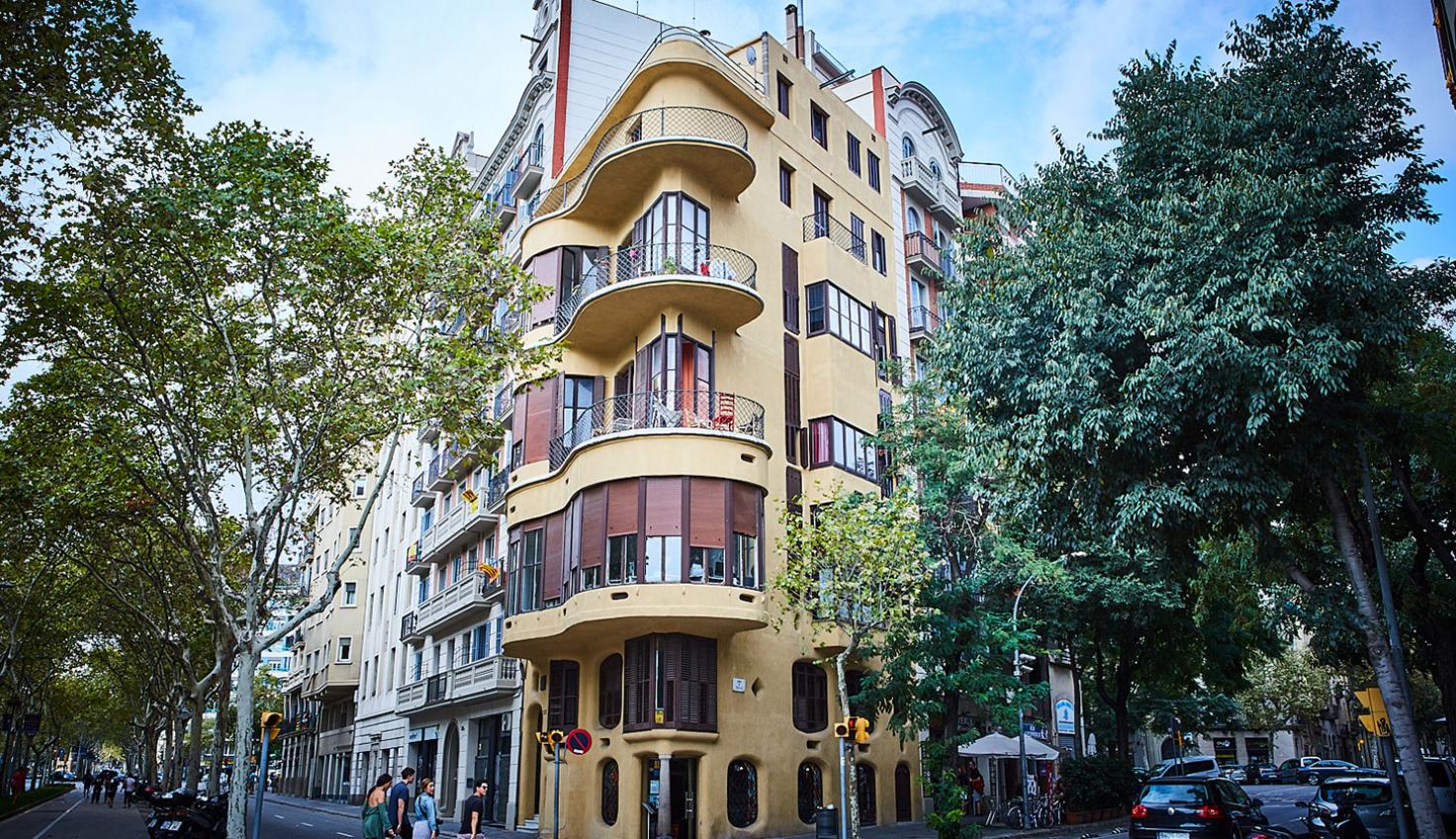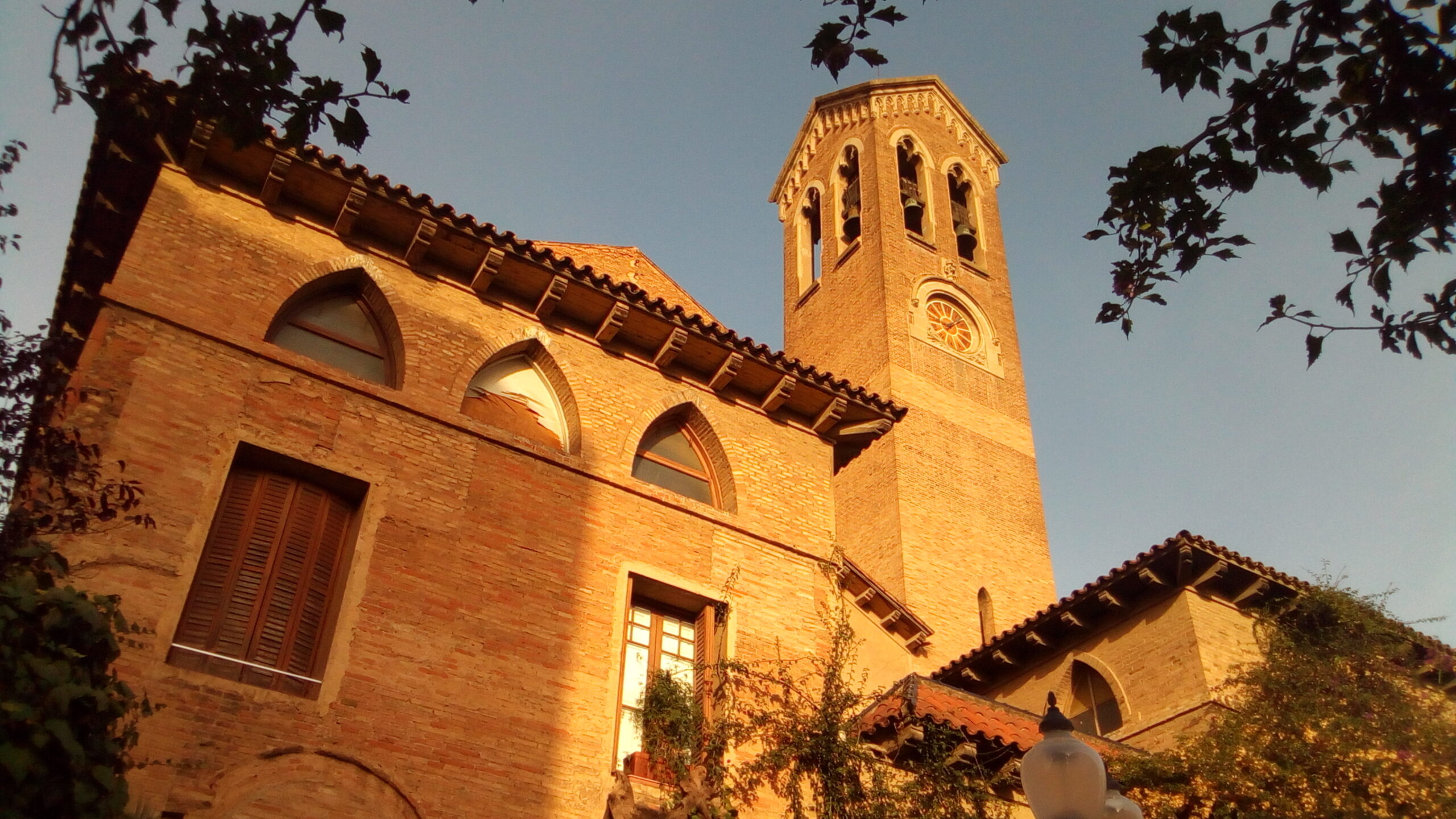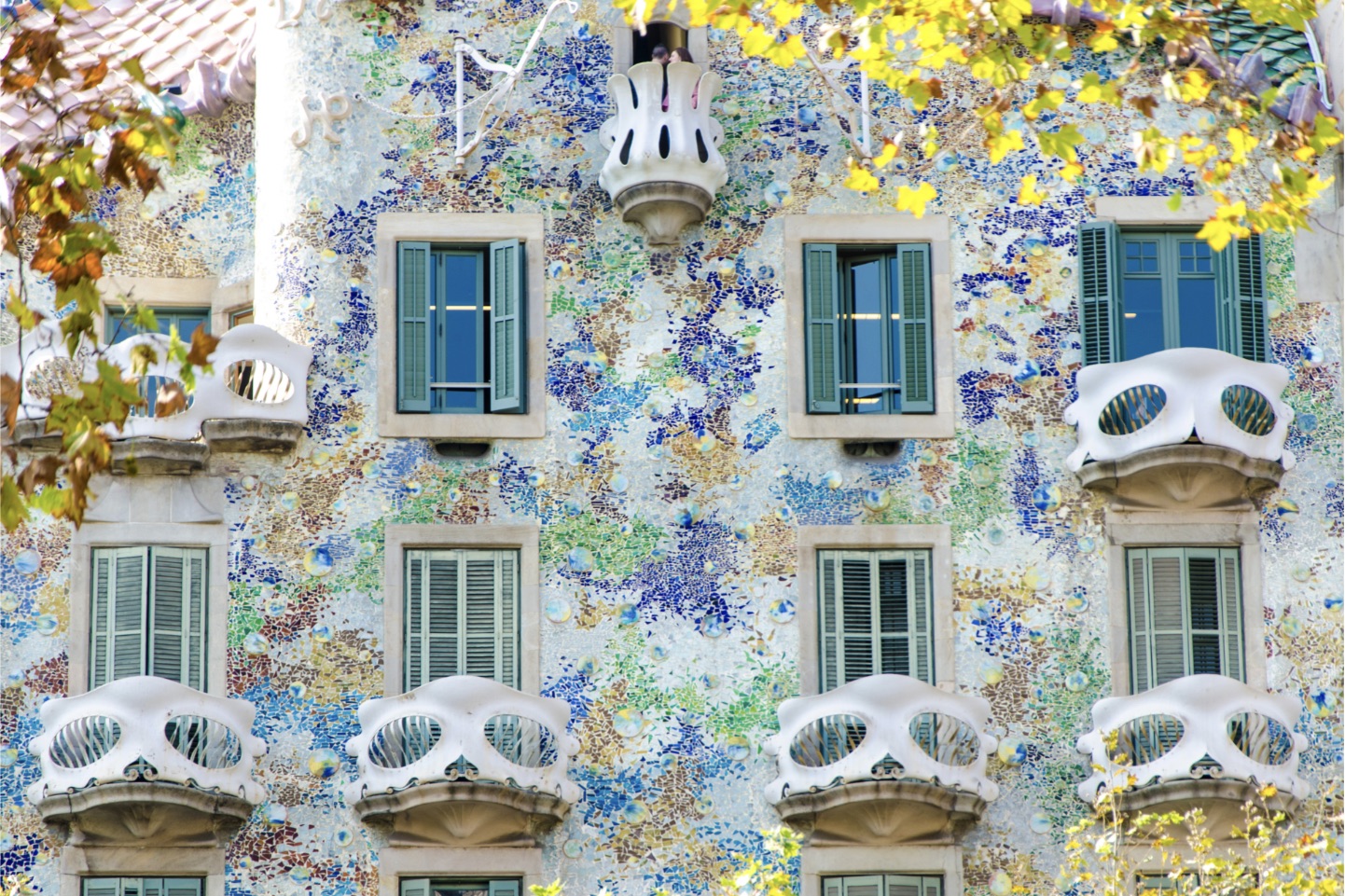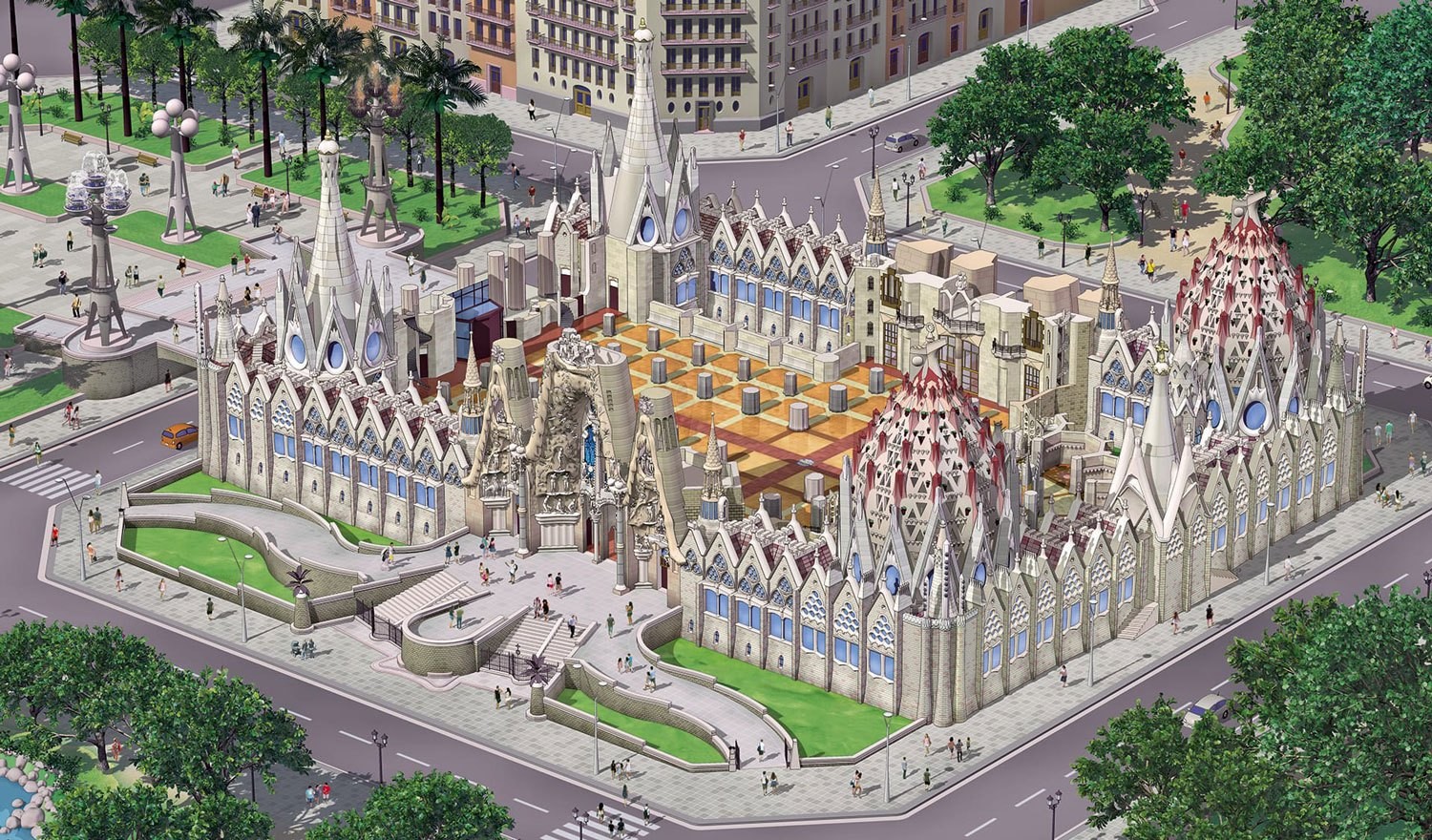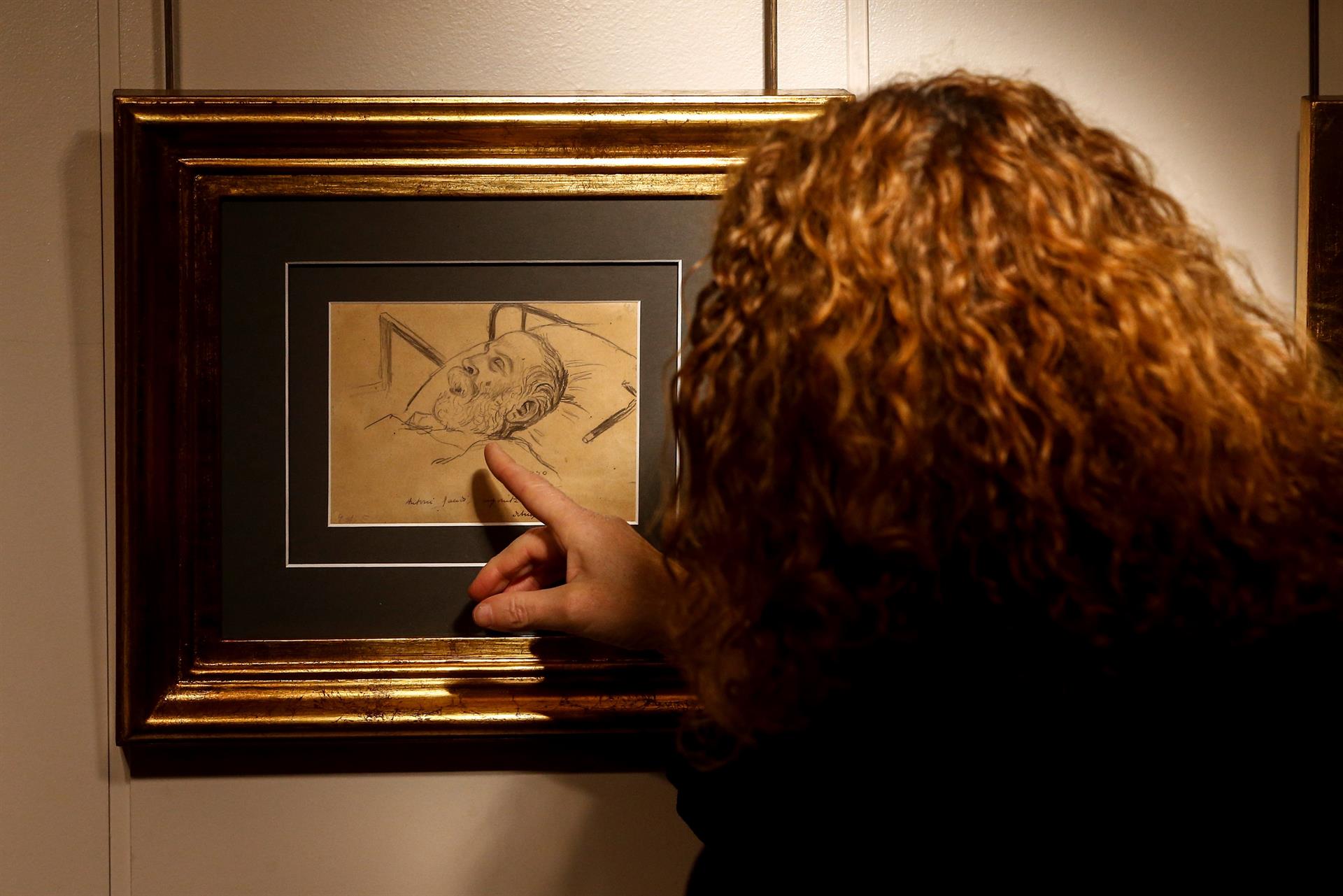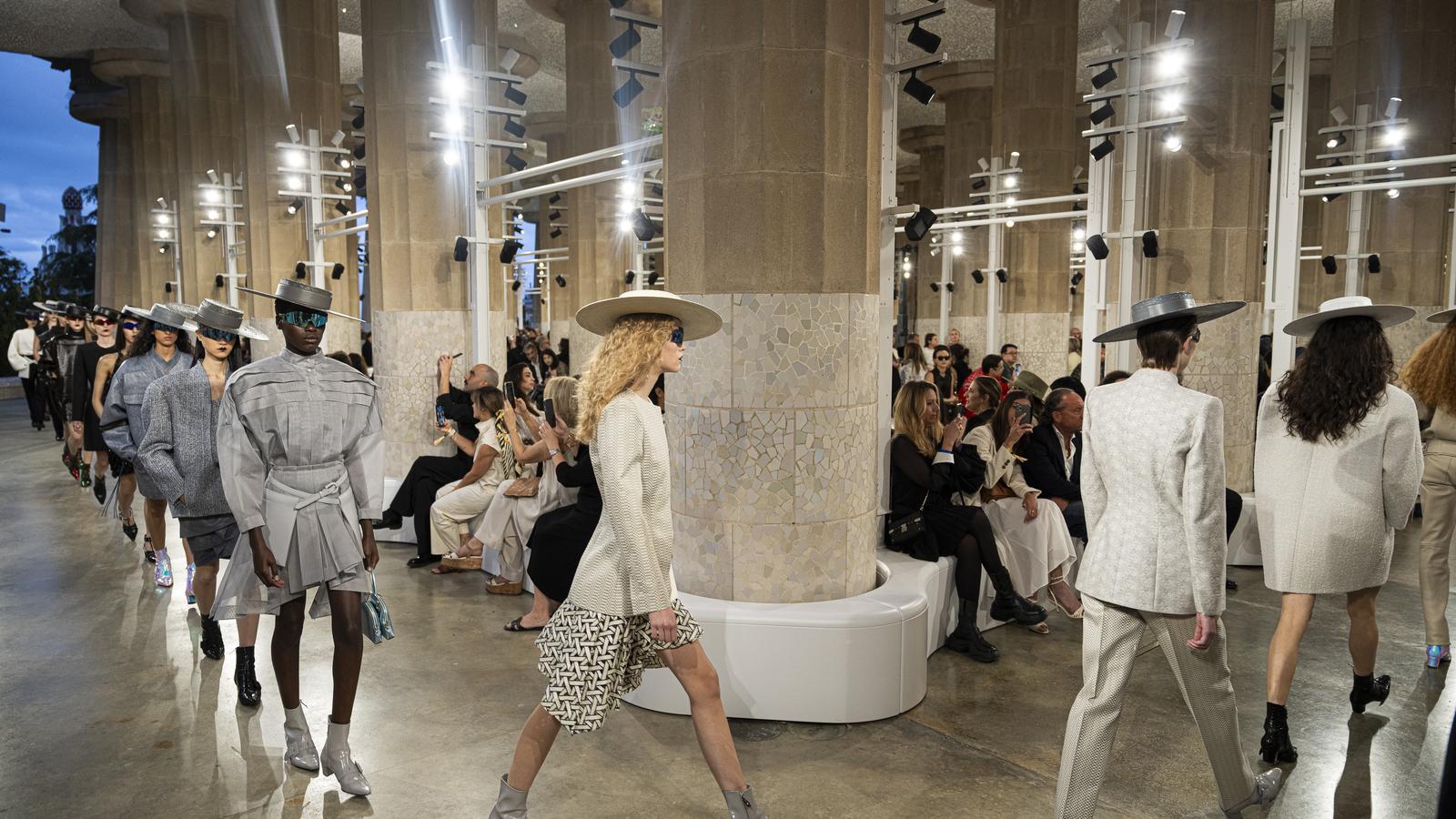Gaudí’s arrest: a clash of language and politics
On September 11, 1924, Antoni Gaudí, found himself in an unexpected situation that would highlight the cultural tensions of the time. He was arrested and authorities took him to the central police station in Barcelona.
- Related to Gaudí
During an attempt to attend a mass at the Church of Saints Justus and Pastor in Barcelona, Gaudí encountered a police officer enforcing a ban on Catalan language usage, imposed by the dictatorship of Miguel Primo de Rivera. Gaudí, a devout supporter of Catalan culture, insisted on speaking in Catalan, which led to a confrontation. When asked for his identity and profession, Gaudí responded firmly in Catalan, stating, “Antoni Gaudí, 71 years old, architect,” adding that while his profession required him to pay taxes, it did not obligate him to abandon his language.
Arrest and aftermath
The police, adhering to the repressive policies of the time, arrested Gaudí along with another individual named Valls. The authorities took them to the central police station at the Llotja, where they were interrogated, all the while speaking in Catalan. The officers reproached them for their defiance. Gaudí was detained for approximately four hours and released only after paying a fine of 50 pesetas (the currency used at that time). The next day, he recounted the events to his colleague César Martinell, expressing his indignation at the arbitrary arrest, which he believed was solely due to his use of Catalan.
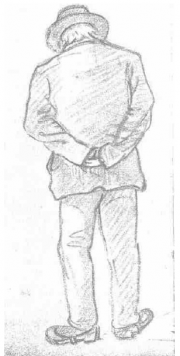
This incident was emblematic of the broader political climate under Primo de Rivera’s dictatorship, which sought to suppress regional identities and enforce a homogenized national culture. The regime’s policies included a ban on public displays of the Catalan language and symbols, aimed at undermining Catalan nationalism. Gaudí’s arrest highlighted the resistance of Catalan intellectuals and public figures to these repressive measures. His firm stance on using Catalan, despite the consequences, underscored his commitment to his cultural heritage.
Gaudí’s experience serves as a poignant reminder of the cultural struggles that characterized early 20th-century Spain. Despite the oppression, figures like Gaudí remained steadfast in their cultural expressions, laying the groundwork for the eventual resurgence of Catalan identity. The incident not only adds a personal dimension to Gaudí’s legacy but also reflects the broader narrative of resistance against cultural suppression in Spain.
